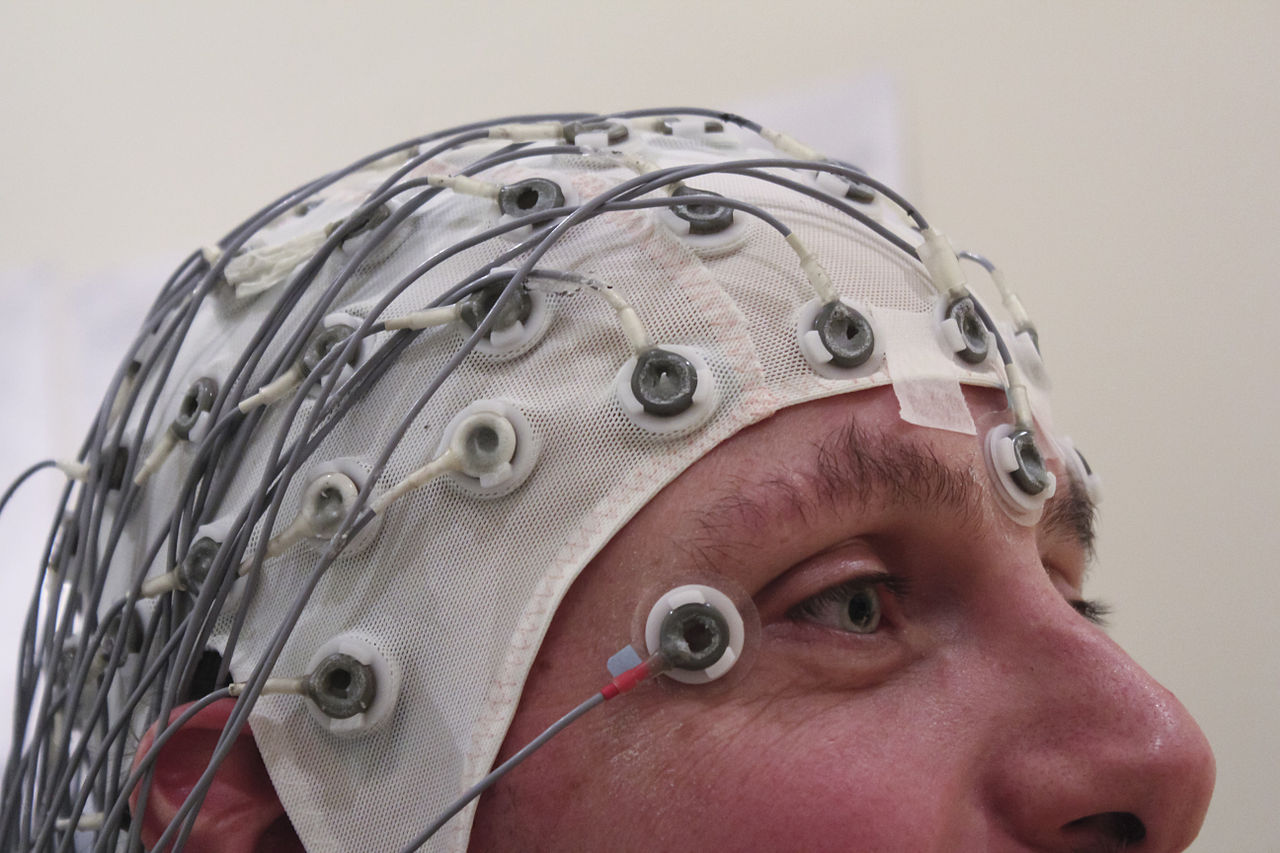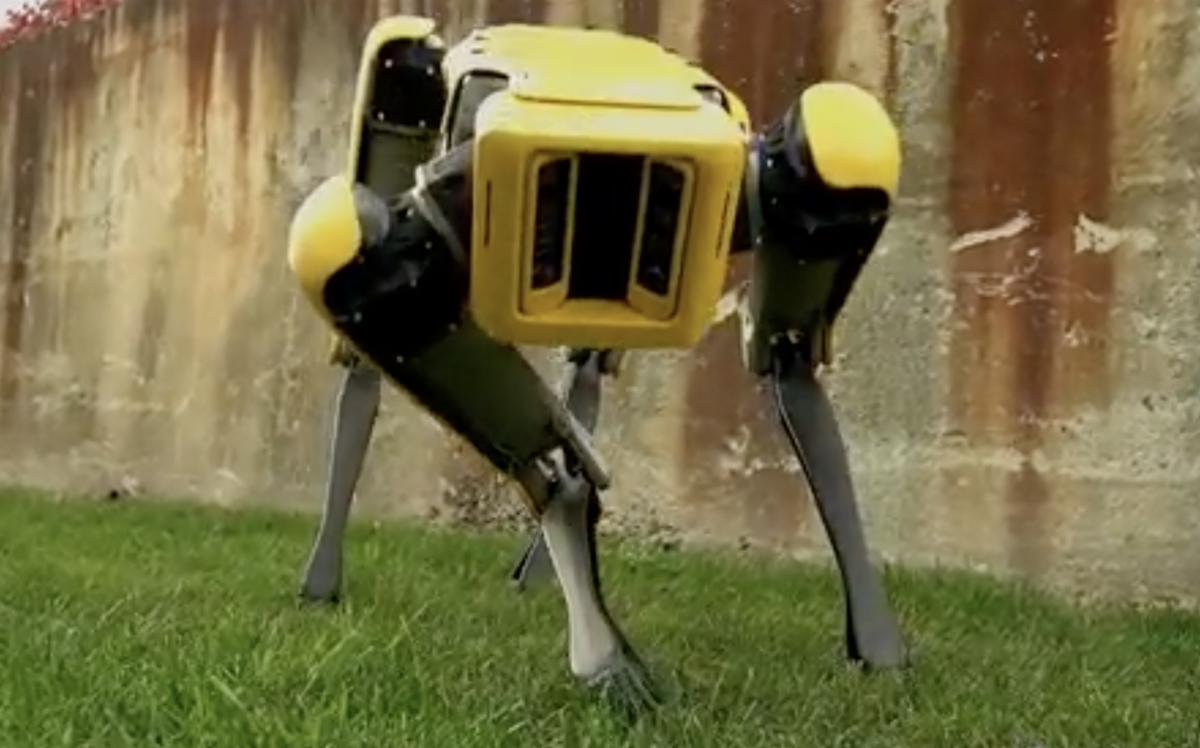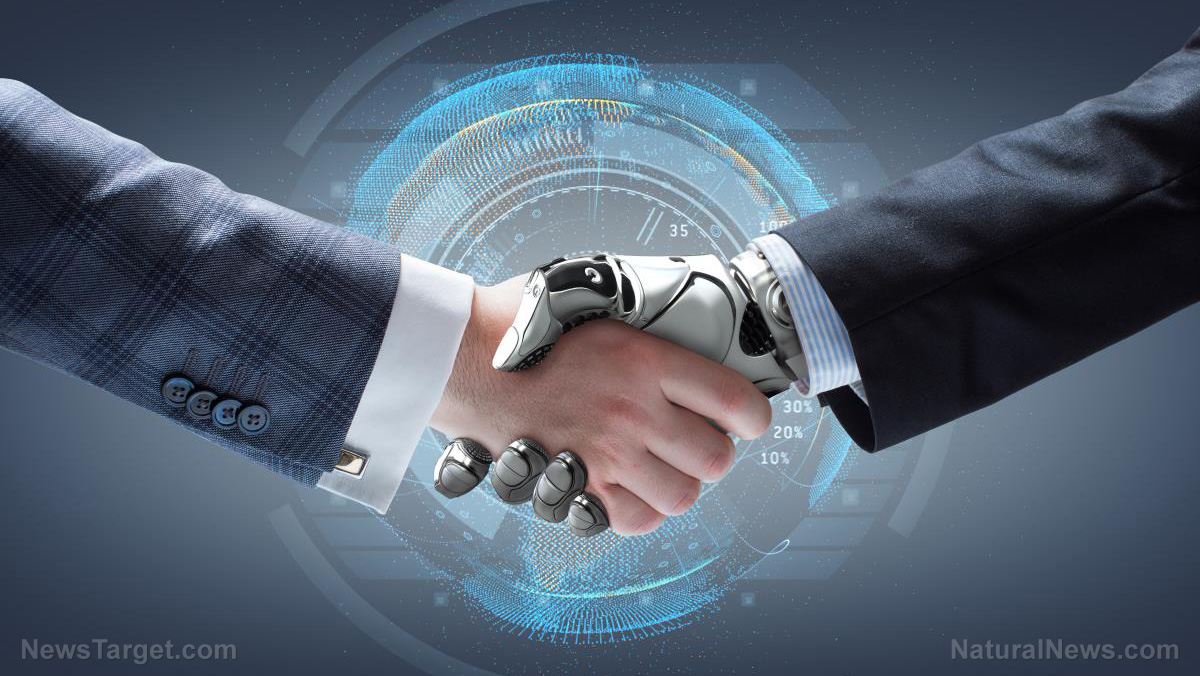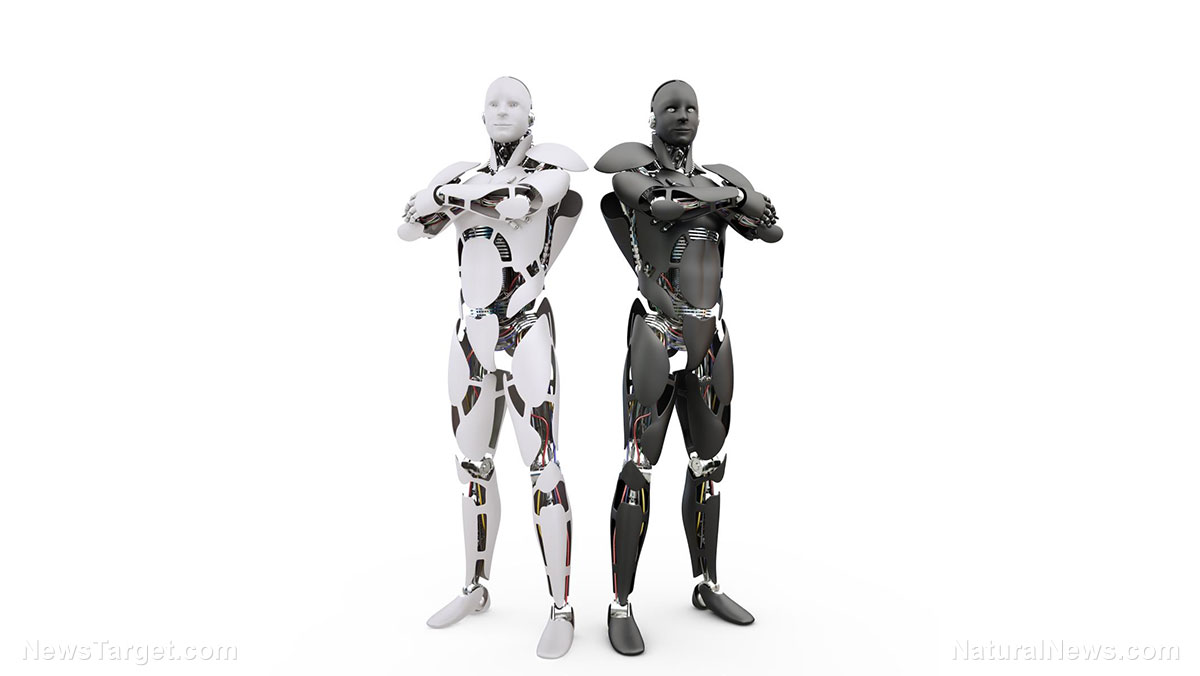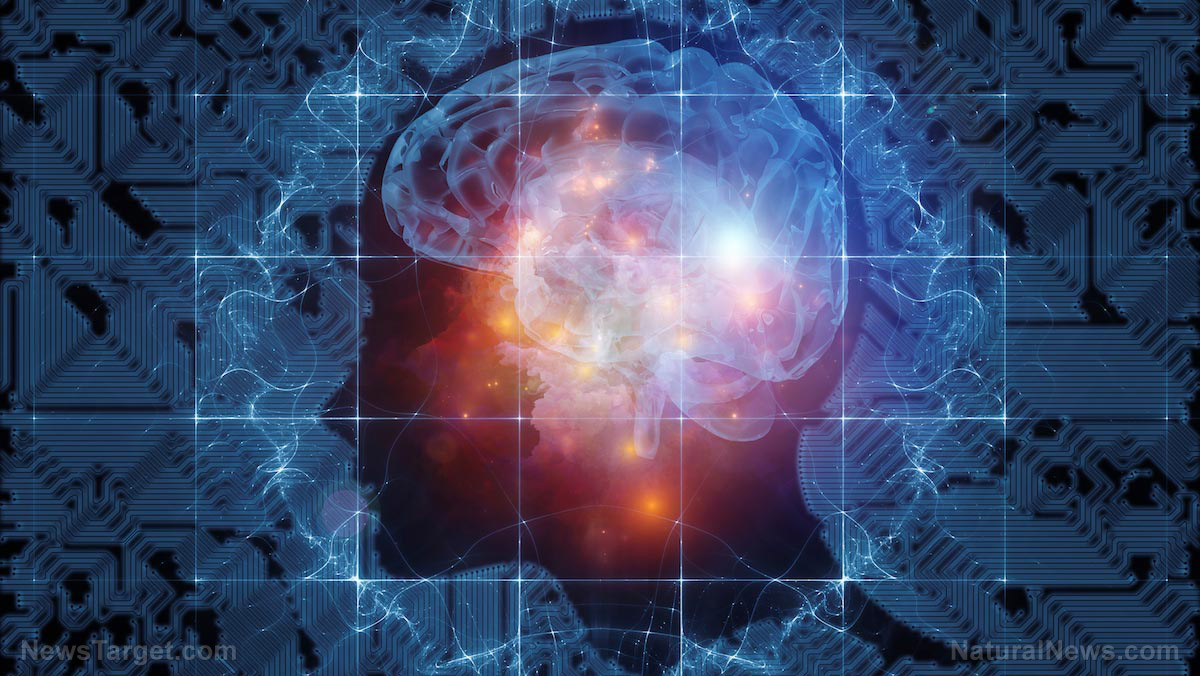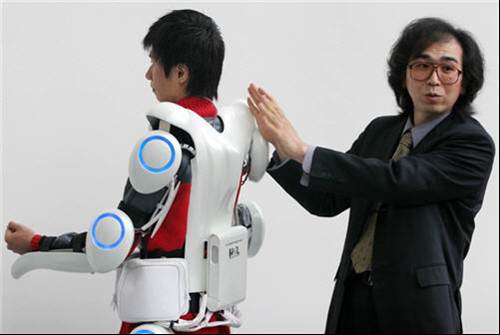Doing away with parents altogether: Artificial births are the future, say experts
11/10/2019 / By Isabelle Z.

You want to have children, but perhaps you’re put off by the prospect of going through pregnancy and childbirth or you’re physically unable to carry a pregnancy to term. Maybe your last pregnancy was marked by extreme discomfort and worry, or perhaps you’ve heard horror stories about what can go wrong during the process of giving birth. Wouldn’t it be nice if you could skip all of that and have your newborn in your arms almost as if by magic?
Experts believe this could well become a possibility in the near future, and while a chorus of pregnant women and mothers may be nodding their heads approvingly at the notion, how many of us would really be willing to go through with it if we got the chance? And what does it mean for society if parents are essentially not needed?
One expert, Yale University Associate Professor of Obstetrics, Gynecology, and Reproductive Science Dr. Carlo Bulletti, has said we could see a fully functioning artificial womb being used in the medical field within the next decade. Another academic, Elizabeth Chloe Romanis, wrote in the Journal of Medical Ethics that “it seems probable” artificial womb testing on humans is only several years away.
In fact, researchers from the Eindhoven University of Technology in the Netherlands were recently given a €2.9 million grant to develop a working prototype of an artificial womb that can be used for premature babies in clinics. The babies would be surrounded by fluids and receive nutrients and oxygen through an artificial placenta connected to their umbilical cords. It’s easy to see the great potential to save premature babies and help their lungs develop, but from there it’s not that big of a leap to cutting mothers out of the picture entirely.
The concept of an artificial pregnancy outside the body is known as ectogenesis, and it has already been used in animals. In fact, the process is being refined and becoming increasingly successful, with one experiment seeing a premature lamb kept alive for several weeks inside an artificial womb. The news of that project’s success prompted a flurry of ethical questions.
Lots of ethical questions surrounding artificial wombs
One big concern is how such a pregnancy in humans would affect not only the health of the baby but also its mental development. After all, the bond between a mother and child can have a huge effect on them throughout their lifetime, and the early bonding that occurs when a baby is exposed to its mother’s heartbeat and the rhythm of her voice in the womb can’t be replicated.
Some experts point out that it’s not exactly necessary as fathers can certainly bond with their children despite the fact that they don’t carry them or give birth to them, but just because it isn’t a requirement doesn’t mean it isn’t better for children to have that bond as they develop.
There are lots of other concerns here, too. For example, under what circumstances, if any, is it ethical to test these wombs on human babies? Which ones will be allowed to use it and which won’t? Is a baby in an artificial womb going to be considered a fetus or a newborn, and which legal protections will it have?
Of course, if babies don’t need parents to develop, what would our future be like when governments can start stepping in and serving in the role of mom and dad? Will parents be pushed out of the picture entirely? Could the artificial womb be turned off at will, and how could those in control use this to their advantage?
Sources for this article include:
Tagged Under: artificial births, artificial womb, babies, childbirth, family, infants, Orwellian, Parental rights, parents, pregnancy, premature baby, societal collapse, transhumanism, Twisted, womb, women's health
RECENT NEWS & ARTICLES
Transhumanism.News is a fact-based public education website published by Transhumanism News Features, LLC.
All content copyright © 2018 by Transhumanism News Features, LLC.
Contact Us with Tips or Corrections
All trademarks, registered trademarks and servicemarks mentioned on this site are the property of their respective owners.

